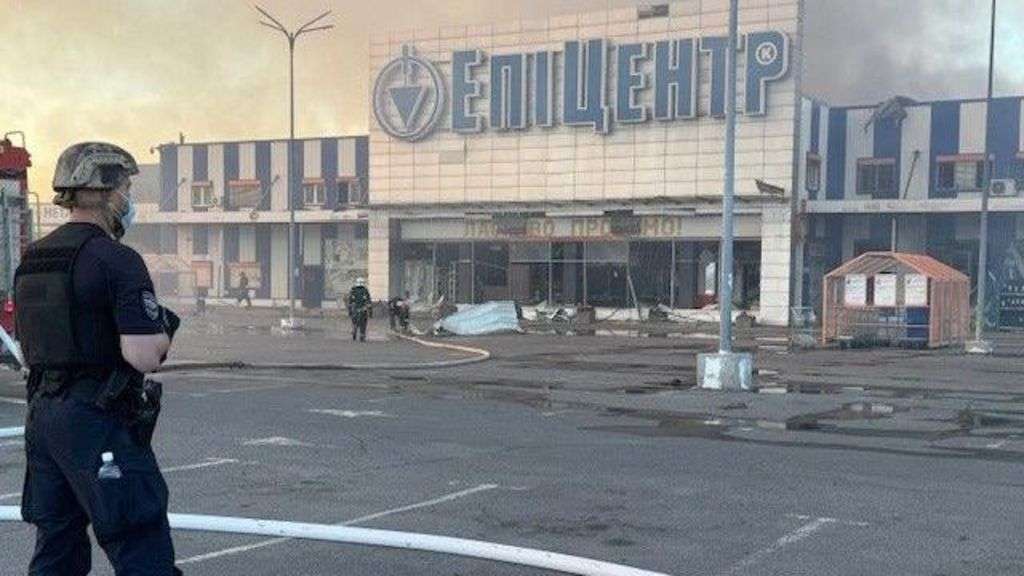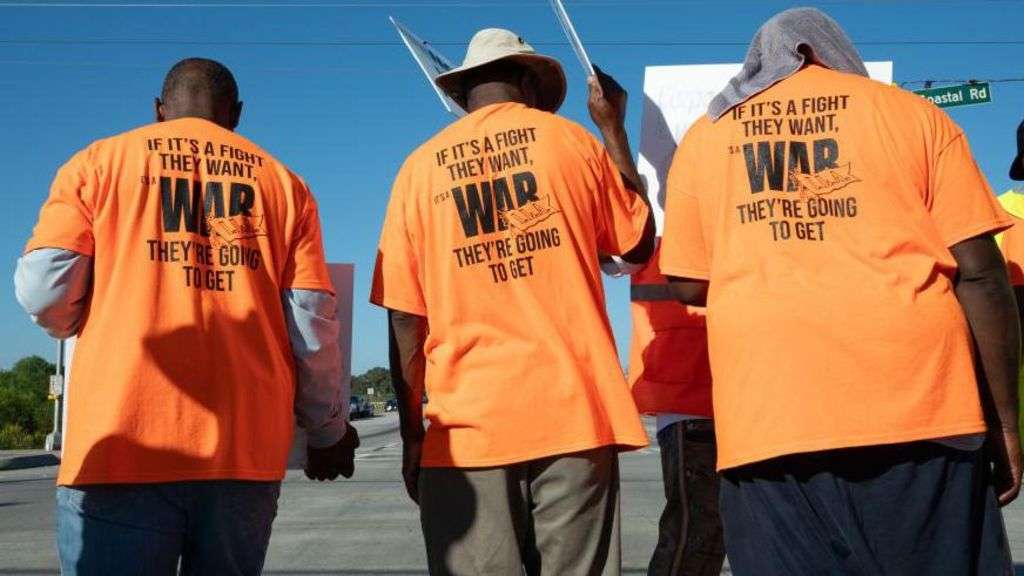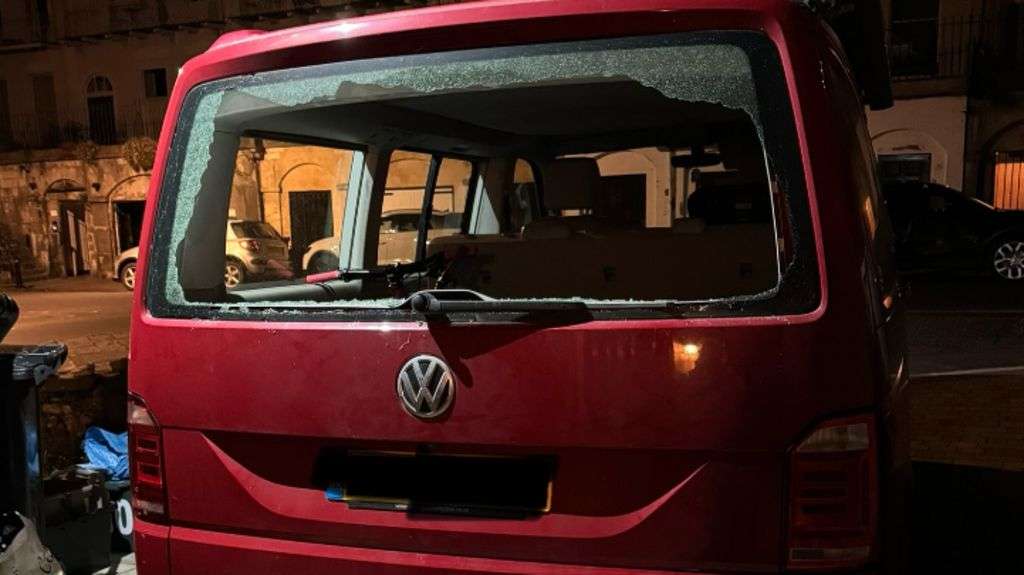At least two people have been killed and 35 others wounded after Russian forces hit a supermarket in the northern Ukrainian city of Kharkiv with two glide bombs, local officials say.
A large fire could be seen raging at the Epicentr K home improvement store on the northern outskirts of the city.
Ukrainian President Volodymyr Zelensky said over 200 people could have been inside the supermarket when it was attacked.
Kharkiv Mayor Ihor Terekhov wrote on Telegram: "A large number of people are missing. This is pure terrorism."
President Zelensky added: "This strike on Kharkiv is another manifestation of Russian madness.
"Only madmen like [Russian President Vladimir] Putin are capable of killing and terrorising people in this way."
A second strike in central Kharkiv later on Saturday injured eight people, according to Mr Terekhov.
The attack will underline the anxiety that Ukrainians feel about not having suitable air defences.
Mr Zelensky reiterated that Ukraine needed to be able to defend itself and needed air defence systems from Western allies.
The attack followed a summit in Italy where G7 finance ministers backed the idea of using profits from frozen Russian assets to fund Ukraine's war effort.
US Treasury Secretary Janet Yellen said there was broad-based support for the idea.
Under an American proposal, the G7 and its allies would use frozen Russian assets held in Western banks as collateral for a $50 billion loan to Kyiv. The idea will be discussed further next month.
Russia has threatened retaliation.
The latest attack on Kharkiv is another sign of Moscow's growing confidence. Its forces appear to be taking advantage of a window of opportunity to push their advantage while Ukraine waits for further Western weapons to arrive at the front.
Glide bombs of the type used in the attack on are built by adding fold-out wings and satellite navigation to old Soviet bombs. They are cheap but destructive.
President Volodymyr Zelensky said 3,000 such bombs were dropped on the country in March alone.
The Centre for European Policy Analysis (CEPA) said in a recent report that they were decisive in February’s capture of the key eastern town of Avdiivka.








